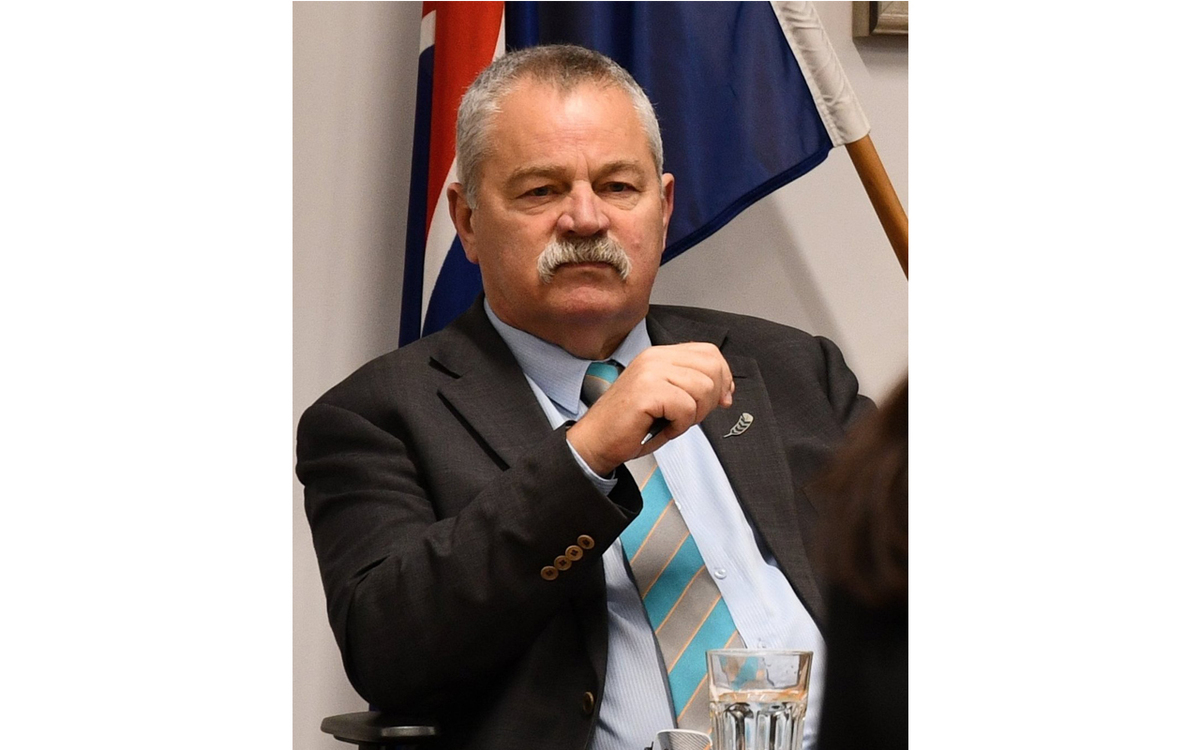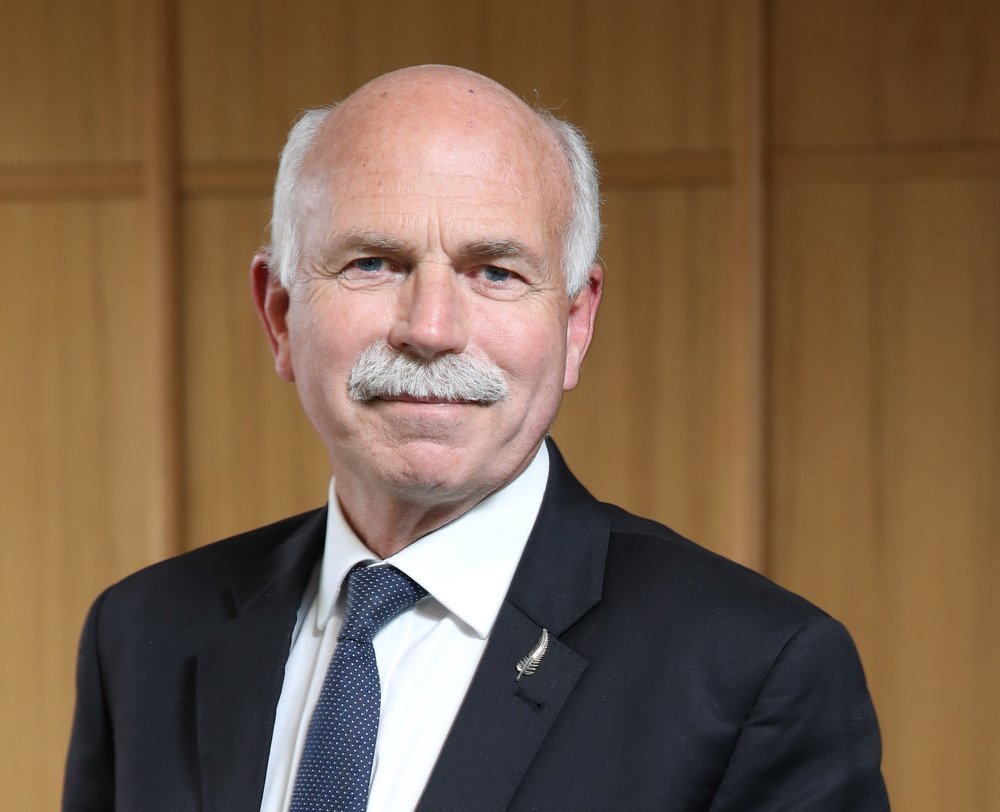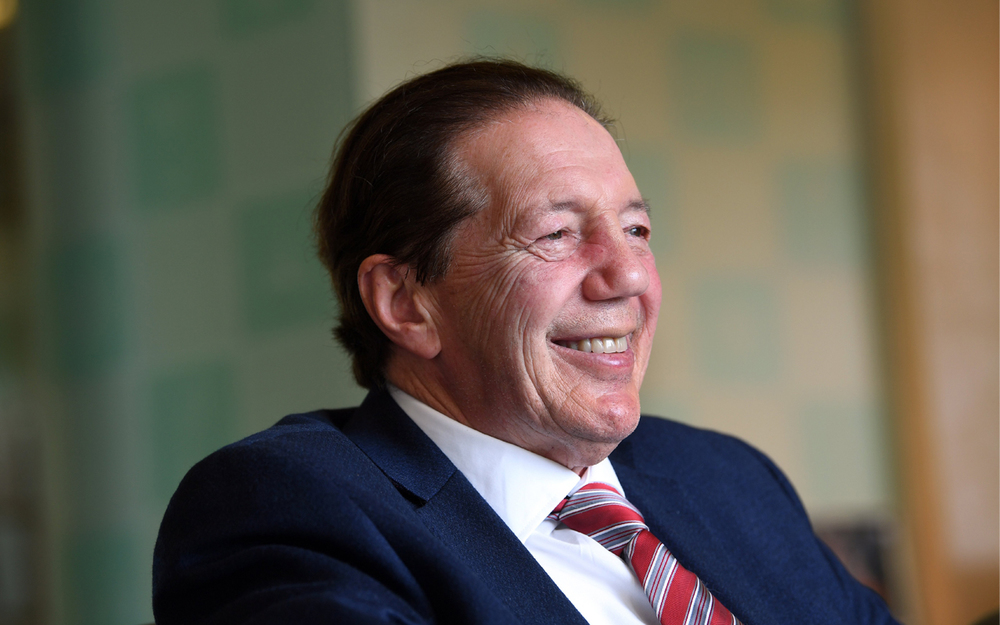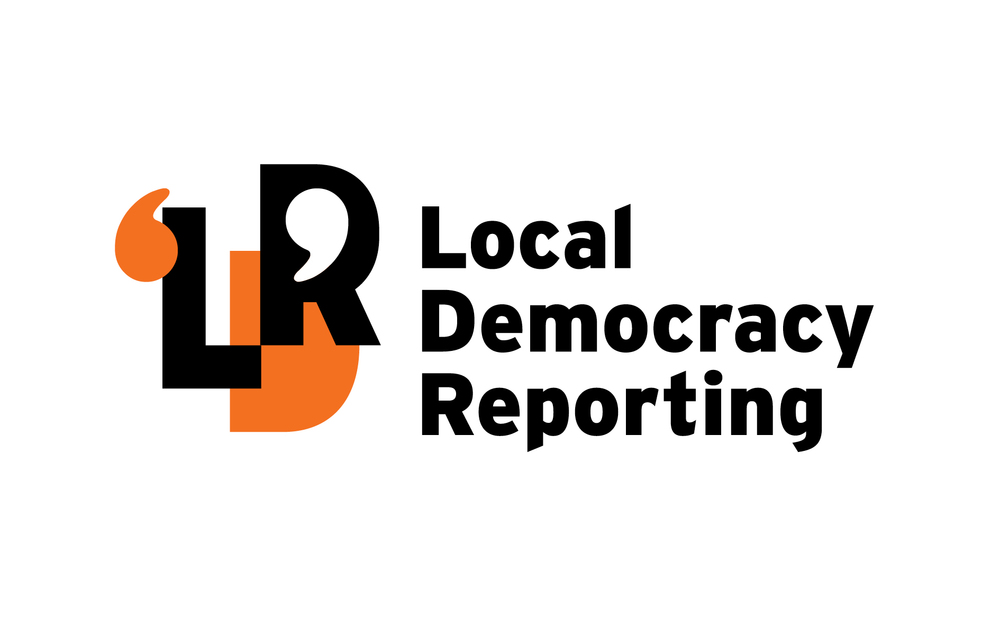Southern mayors say Govt has more convincing to do on Three Waters reform
Local Democracy Reporter
01 October 2021, 6:49 AM
 Southland Mayor Gary Tong says his council still doesn't have enough information to make an informed decision. Photo: Laura Smith/ODT
Southland Mayor Gary Tong says his council still doesn't have enough information to make an informed decision. Photo: Laura Smith/ODTAs the Government ends its two-month engagement over Three Waters, southern councils remain confused about what the shakeup would mean for their regions.
The proposed reform means management of drinking, waste and stormwater systems would shift away from individual councils and into the hands of four regional authorities.
It has been met with scepticism from many councils, including pockets of the South.
From a government perspective, the reasons for centralising water are simple: local authorities are not equipped to meet the growing costs of ageing infrastructure.
Advertisement: Fly & Spider Control
Between drinking and environmental standards — and allowing for population growth — the Government calculates between $120billion and $185billion needs to be invested.
But a common sentiment is shared by southern mayors following the end of a two-month engagement: they are none the wiser whether they want to join or not.
In his sixth term, Gore Mayor Tracy Hicks understands the pressure of ageing infrastructure well.

Gore Mayor Tracy Hicks says the status quo won't work going forward. Photo: Gore District Council/Supplied
He also understood the status quo was not going to work for his region.
"In that respect, we understand where the Government is coming from," he said
However, Hicks also believed the Government had some work to do, particularly regarding the structure it has proposed.
One of the main issues his council faced was disseminating dense data that made it difficult to ascertain outcomes.
Advertisement: Halcyon
"Along the way, we've said the Government haven't given us enough information.
"Actually, as I sit back and reflect on that, they've given us a whole lot of information. In some ways, they've given us too much information."
Hicks said the pipes in all local authorities had been under-invested in for about 60 years, and believed it was in part due to the invisibility of the infrastructure.
"There's millions of dollars of assets sitting there but you can’t see them.
Advertisement: Kennedy School of Music
"The only connection you have with those assets is when you turn the tap on and water comes out, or you flush the toilet and water goes away."
About an hour up the road from Gore, Clutha Mayor Bryan Cadogan was frustrated by rhetoric about being "in or out" of a proposal that was, in his view, still in its infancy.
Cadogan was critical of councils that had already opted out, saying it tarnished public opinion and made it difficult to have discussion on the issue going forward.
"We felt it was an absolute insult to our communities that we make a statement before we know what the final proposal is," he said.
"We can’t get to that step until it goes to Cabinet next week."
Local Government Minister Nanaia Mahuta has indicated change is coming, whether councils like it or not.

Local Government Minister Nanaia Mahuta says there has been serious underinvestment in water infrastructure. Photo: Peter McIntosh/ODT
Mahuta said the Government had taken onboard feedback, but wished to reaffirm the status quo would not continue.
"With the passing of the Water Services Act earlier this week, monitoring and enforcement of compliance will increase — communities will not have to put up with second rate water services," she said.
Councils had until Thursday to make submissions.
Southland Mayor Gary Tong said his council got its one in on Tuesday, but still did not have enough information to choose a side.
Advertisement: PGG Wrightson Real Estate Te Anau
"To date, it would be fair to say we don’t have sufficient information to make a decision," he said.
"And we hope to get that [information] in the next few weeks from the minister."
Talking on Thursday, Tong said Otago and Southland councils had indicated they would opt out based on the current information they had, a sentiment he believed was echoed throughout the country.
He was not afraid the council would lose assets by joining the scheme, acknowledging that water systems were also a liability.
Advertisement: Route 6 Cafe & Bar
In her response to Local Democracy Reporting, Mahuta also made that clear.
There had been serious underinvestment in the infrastructure, and to claim it was an asset "might be an overstatement", she said.
In Invercargill, deputy mayor Nobby Clark opposed the proposal in its infant stages, while mayor Sir Tim Shadbolt remained quiet on the topic.
Now Shadbolt has indicated he is skeptical, too.

Invercargill Mayor Sir Tim Shadbolt believes the government could have a mandate to push the reform through, irregardless of councils' wishes. Photo: Stephen Jaquiery/ODT
"It's hard to know where Auckland is going to go, and some of the [other] big players. That will have a profound effect," Shadbolt said.
"It's been pretty consistent, the answer to everything has been ‘well we don’t know’, ‘we need more consultation’, ‘give us the data’."
Shadbolt believed the Government had a mandate to push the proposal through irregardless of council opposition.
On Tuesday, the Queenstown Lakes District Council held an extraordinary meeting to discuss its response, and Mayor Jim Boult described the reforms it as a "hospital pass".
Advertisement: Te Anau Club
Deputy Calum Macleod believed there had been insufficient information for the council to move forward on it.
With the two-month consultation period now complete, Mahuta is now taking feedback back to Cabinet.
She said the Government had been clear the new entities would be collectively owned by councils within their multi-region entity, and the assets would continue to service their existing communities.
"Continued public ownership of our water infrastructure and services is a bottom line for the Government and we are developing safeguards against future privatisation.
Advertisement: WasteNet
"The challenges facing our water system and services have been around for more than two decades and we need to address them now."
Cabinet will consider the next steps for the reforms once a final report has been constructed, including a process for public consultation.
By Local Democracy Reporter Matthew Rosenberg
Republished by Arrangement










